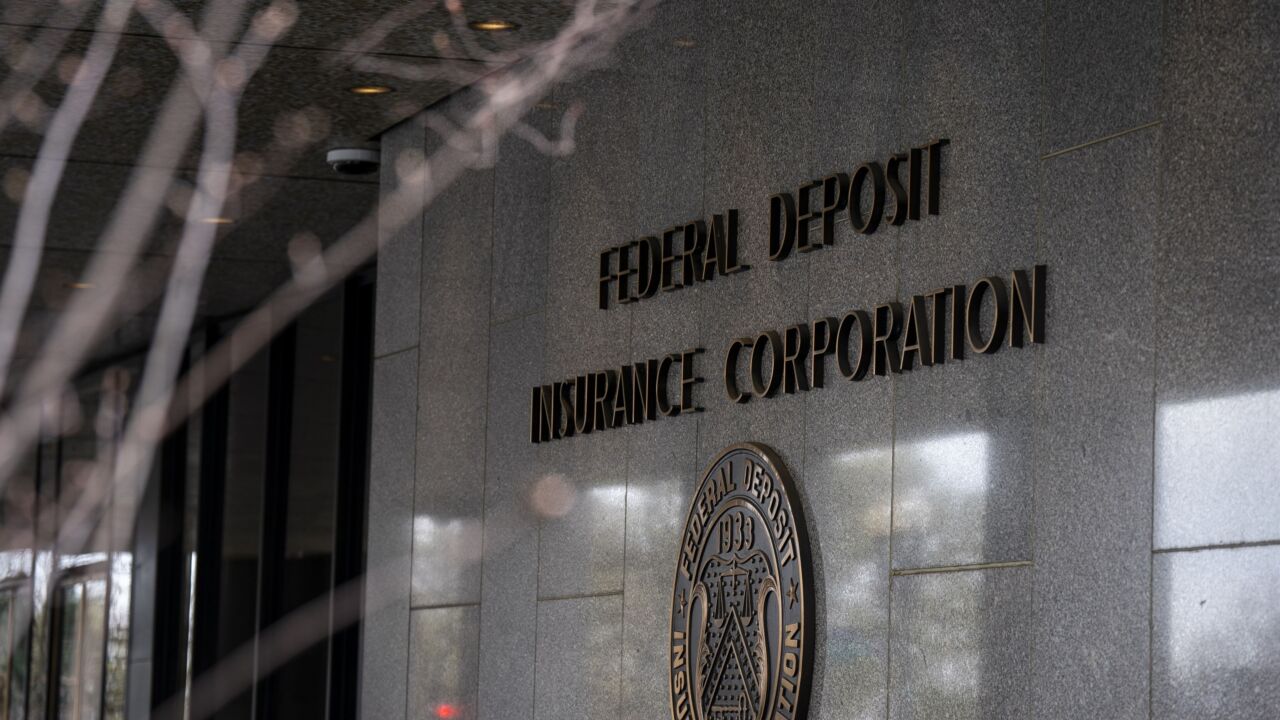As U.S. President-elect Donald Trump prepares to return to the White House on January 20, executive actions targeting cryptocurrency de-banking and controversial bank accounting regulations are expected to be a top priority. These moves could have a significant impact on the Bitcoin and broader digital asset market.
According to a Washington Post report on January 13, Trump is anticipated to take swift action to address industry concerns, particularly repealing rules that many in the cryptocurrency sector have long criticized.
Reversing the SAB 121 Accounting Rule
A central focus of Trump’s expected executive orders is the rollback of the Securities and Exchange Commission’s (SEC) March 2022 Staff Accounting Bulletin, SAB 121. This regulation, introduced during the Biden administration, required banks holding cryptocurrencies to report digital assets as liabilities on their balance sheets.
The measure faced strong opposition from the crypto community, who argued that it unfairly restricted financial institutions from engaging with digital assets. By repealing SAB 121, the Trump administration aims to ease the regulatory burden on banks and expand access to crypto-related financial services.
Sources familiar with the discussions suggest that reversing this policy will be considered urgent, potentially making it one of the first executive actions signed on Trump’s inauguration day. The new administration is also expected to review other tech-related regulations alongside these crypto-focused policies.
Addressing Cryptocurrency De-Banking
The cryptocurrency industry has criticized the Biden administration for what it perceives as a covert strategy—sometimes referred to as “Operation ChokePoint 2.0”—aimed at cutting off crypto companies from banking services. Many digital asset firms struggled to open or maintain accounts due to stringent banking regulations and reporting requirements.
Industry leaders have reportedly urged Trump to act quickly within his first 100 days to reverse such measures, including issuing executive orders that safeguard banks’ ability to service cryptocurrency firms.
Trump’s Broader Tech and AI Regulatory Agenda
In addition to cryptocurrency, Trump’s administration is expected to review and potentially reverse aspects of the Biden-era AI executive order from 2023. David Sack, a crypto and AI advisor for Trump, indicated that conservatives opposed the previous order due to its focus on using AI to promote equity initiatives rather than innovation and economic growth.
High-profile tech figures, including venture capitalist Marc Andreessen, have reportedly influenced the incoming administration’s approach. Andreessen, known for his investments in cryptocurrency and technology, has been actively involved in recruiting candidates for key roles in technology, intelligence, and defense sectors, emphasizing deregulation and innovation-friendly policies.
Strategic Bitcoin Reserves in U.S. States
As federal policies evolve, individual U.S. states are increasingly exploring Bitcoin as a strategic reserve asset. North Dakota and New Hampshire are the latest states considering legislation to include Bitcoin in their treasuries, following initiatives in Ohio and Texas.
-
In Ohio, House Republican leader Derek Merrin introduced a bill proposing that the state treasury allocate a portion of its reserves to Bitcoin.
-
The Texas Strategic Bitcoin Reserve Act, presented by Representative Giovanni Capriglione on December 12, 2024, calls for the state comptroller to maintain Bitcoin as a reserve asset for at least five years.
-
Pennsylvania passed a similar measure in November 2024, allowing the treasury to hold up to 10% of its balance sheet in Bitcoin, citing its potential as a hedge against economic volatility.
Alongside state actions, several corporate entities, including Metaplanet and MicroStrategy, have expanded their Bitcoin holdings, signaling growing confidence in the asset’s long-term value.
Trump’s Campaign Promises to Support Cryptocurrency
During his campaign, Trump emphasized reducing regulatory barriers for digital assets and establishing a strategic reserve for Bitcoin. These moves are consistent with the growing trend of states and companies integrating Bitcoin into their financial strategies. By easing banking regulations and promoting clearer accounting standards, Trump’s administration could provide a significant boost to the cryptocurrency ecosystem.
Potential Market Implications
Reversing SAB 121 and addressing crypto de-banking could remove major obstacles for banks and digital asset firms, potentially leading to:
-
Increased adoption of cryptocurrency by mainstream financial institutions.
-
Greater confidence in Bitcoin and other digital assets as viable investment and reserve options.
-
Expansion of blockchain-based financial products and services.
Investors and industry leaders will be closely monitoring the first executive orders, as these actions could set the tone for regulatory policy throughout Trump’s term.
Conclusion
As President Trump returns to office, cryptocurrency and tech industries are anticipating major regulatory changes. The expected repeal of SAB 121, alongside efforts to prevent de-banking of crypto companies, could reshape the U.S. digital asset landscape. Coupled with state-level initiatives to hold Bitcoin as strategic reserves, these developments suggest a more crypto-friendly environment in 2025.
For investors, corporations, and policymakers, understanding the potential impact of these executive actions is essential, as they may influence the adoption, valuation, and long-term integration of Bitcoin and blockchain technology in the U.S. financial system.




